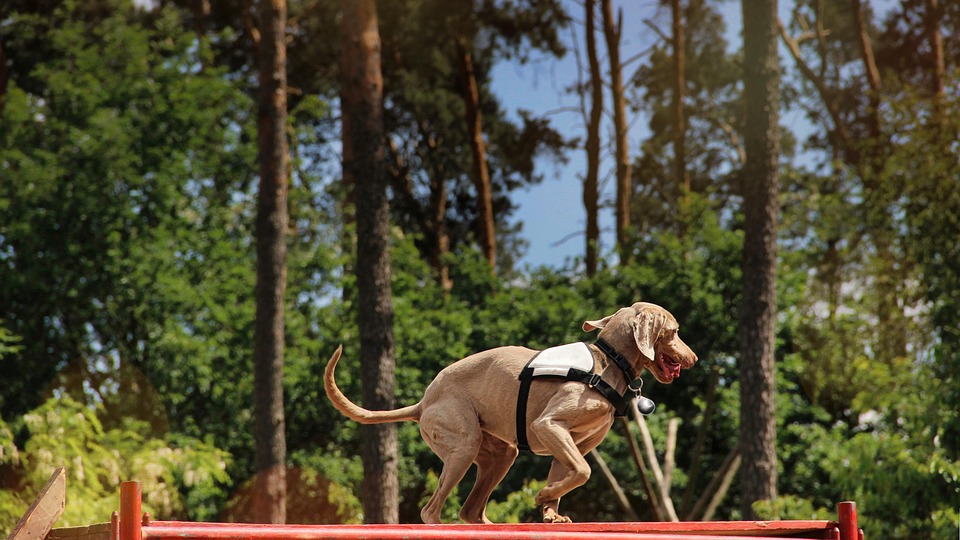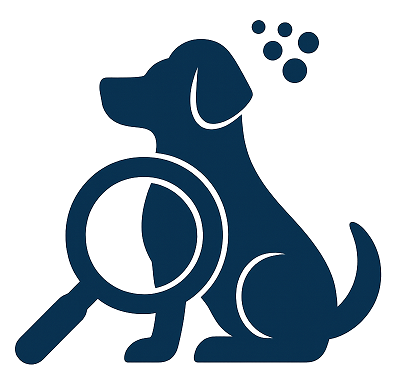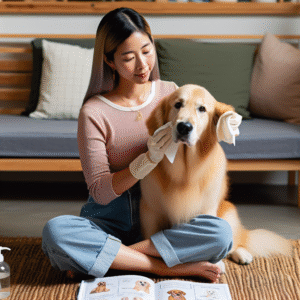
Adopting a rescue dog is a noble and rewarding experience that can bring immense joy and companionship into your life. However, rescue dogs often come with their own set of challenges, including behavioral issues and past traumas. Training a rescue dog requires patience, understanding, and specialized techniques to help them adjust to their new environment. This article will guide you through essential tips for successfully training your rescue dog, ensuring a happy and harmonious relationship.
Understanding Rescue Dog Behavior
Before diving into training techniques, it’s important to understand the unique behaviors and challenges associated with rescue dogs. Many rescue dogs have experienced neglect, abuse, or abandonment, which can lead to anxiety and fear. These dogs might display behaviors such as aggression, excessive barking, or withdrawal. Understanding the root causes of these behaviors is the first step in creating a training plan that addresses their needs.
Building Trust
Trust is the foundation of any successful relationship, especially with a rescue dog. Start by creating a safe and comfortable space for your dog, free from loud noises or overwhelming stimuli. Spend quality time with them, offering treats and gentle affection. Consistency in your actions and routines helps build predictability, which is crucial for gaining your dog’s trust.
Establishing a Routine
Dogs thrive on routine, and establishing a consistent daily schedule can help your rescue dog feel secure. Set regular times for feeding, walking, and bathroom breaks. Consistency in daily activities helps reduce anxiety and makes your dog feel more at ease in their new home.
Creating a Safe Space
Provide a designated area where your rescue dog can retreat when they feel overwhelmed. This could be a cozy corner with a bed and some toys. Having a safe space allows your dog to relax and recharge, which is essential for their emotional well-being.
Positive Reinforcement Training
Positive reinforcement is one of the most effective training methods for rescue dogs. This technique involves rewarding desired behaviors with treats, praise, or toys. It encourages your dog to repeat these behaviors, helping them learn in a non-threatening and enjoyable way.
Using Treats and Rewards
Identify high-value treats that your dog loves and use them as rewards during training sessions. Start with basic commands such as “sit,” “stay,” and “come.” Reward your dog immediately when they respond correctly, reinforcing the connection between the command and the reward.
Consistency is Key
Consistency is crucial for effective training. Use the same commands and hand signals each time you train your dog. Inconsistencies can confuse your dog and hinder their learning process. Ensure that all family members are using the same commands to avoid any mixed signals.
Addressing Behavioral Issues
Rescue dogs may exhibit specific behavioral issues that require targeted training techniques. Understanding and addressing these issues is essential for a successful training outcome.
Dealing with Separation Anxiety
Separation anxiety is common in rescue dogs due to their past experiences of abandonment. Gradual desensitization can help reduce anxiety. Start by leaving your dog alone for short periods and gradually increase the duration. Providing interactive toys can also distract them and alleviate anxiety.
Managing Aggression
Aggression in rescue dogs can stem from fear or past traumas. Professional guidance from a certified dog trainer or behaviorist may be necessary to address aggressive behavior. Training should focus on identifying triggers and using positive reinforcement to encourage calm behavior.
Socialization Techniques
Socialization is key to helping your rescue dog adapt to various environments and interact positively with other dogs and people. Proper socialization reduces fear and anxiety, making your dog more confident and well-adjusted.
Gradual Exposure
Introduce your rescue dog to new experiences gradually. Start with quiet environments and slowly increase the level of activity and noise. Monitor your dog’s reactions and adjust the pace according to their comfort level.
Interacting with Other Dogs
Socializing your rescue dog with other dogs can be beneficial for their development. Arrange controlled playdates with well-behaved dogs. Keep interactions positive and reward your dog for calm and friendly behavior.
Patience and Persistence
Training a rescue dog is a journey that requires patience and persistence. Progress may be slow, and setbacks are common, but maintaining a positive attitude and staying committed to the training process is crucial.
Celebrating Small Wins
Celebrate every small victory and milestone in your dog’s training journey. Acknowledge their progress, no matter how minor it may seem. Positive reinforcement not only encourages your dog but also boosts your motivation to continue the training process.
Avoiding Frustration
It’s natural to feel frustrated when progress seems slow, but it’s important to remain calm and patient. Avoid punishing your dog for mistakes, as this can damage the trust you’ve built. Instead, take a break and revisit the training session with a fresh perspective.
Seeking Professional Help
If you’re struggling with your rescue dog’s training, don’t hesitate to seek professional help. Certified dog trainers or behaviorists can provide valuable insights and personalized training plans tailored to your dog’s needs.
Finding the Right Trainer
Look for trainers who specialize in rescue dogs and employ positive reinforcement methods. A skilled trainer will work with you to address specific behavioral issues and enhance your dog’s overall well-being.
Conclusion
Training a rescue dog can be a challenging yet immensely rewarding experience. By understanding your dog’s unique needs, establishing trust, and using positive reinforcement techniques, you can help your rescue dog become a well-adjusted and happy member of your family. Remember to be patient, celebrate progress, and seek professional guidance when needed. With time and dedication, you’ll build a strong bond with your rescue dog and enjoy a fulfilling and loving companionship.
#ChatGPT assisted in the creation of this article.













